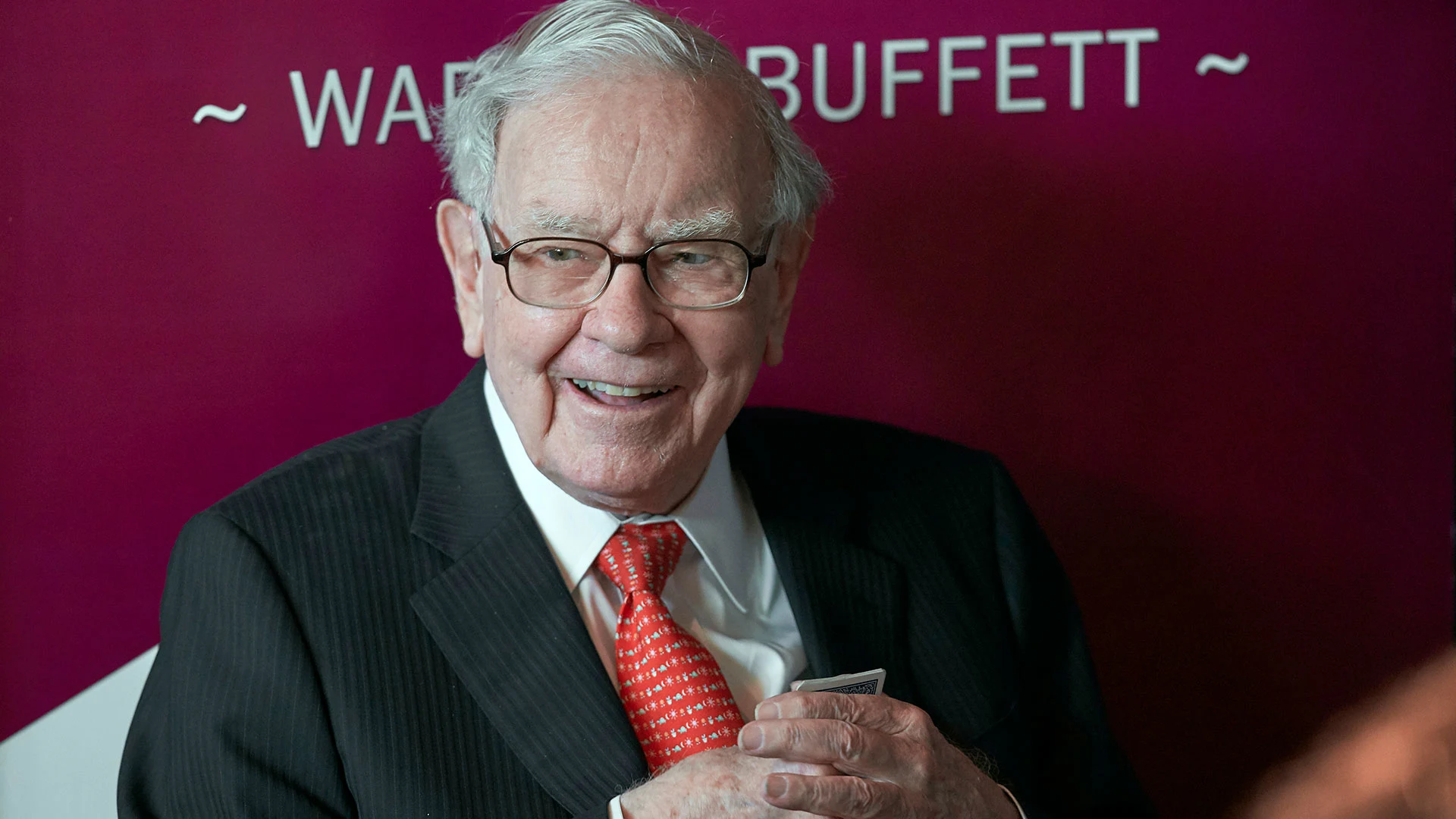From Berkshire to Billions: Warren Buffett's Legacy of Legendary Wins and Spectacular Misses

In a landmark announcement that will reshape the financial world, legendary investor Warren Buffett has revealed his plans to step down as CEO of Berkshire Hathaway at the end of 2025. The 94-year-old investment titan, often referred to as the "Oracle of Omaha," will be passing the torch after more than six decades of extraordinary leadership that has made him one of the most successful and respected business figures in modern history.
Buffett's decision marks a significant milestone for Berkshire Hathaway, the multinational conglomerate he transformed from a struggling textile company into a global investment powerhouse. His successor, Greg Abel, who currently serves as vice chairman of non-insurance operations, is set to take the helm and continue the company's remarkable legacy of strategic investing and value creation.
Throughout his remarkable career, Buffett has not just been an investor, but a financial philosopher who has inspired millions with his straightforward investment wisdom and commitment to long-term value. His departure represents the end of an era, but also signals a carefully planned transition that reflects his meticulous approach to business leadership.
